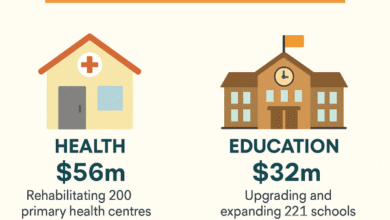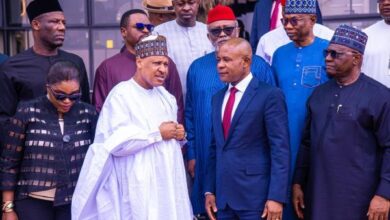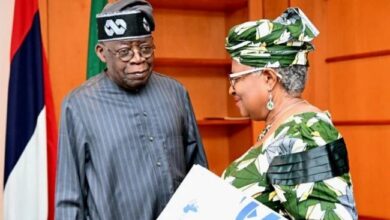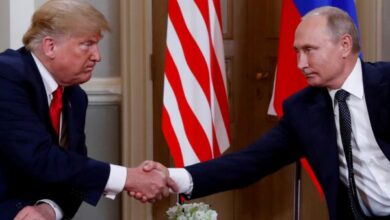MACBAN didn’t buy presidential nomination forms for any candidates – Secretary

The Miyetti Allah Cattle Breeders Association of Nigeria (MACBAN), a Fulani sociocultural organisation, says it did not buy any nomination forms for any candidate contesting elections.
The National Secretary of MACBAN, Alhaji Baba Ngelzarma, stated this in a statement on Monday in Abuja.
Ngelzarma appealed to the media professionals to take their time to understand the difference between the various Fulani organisations and avoid dragging MACBAN into “political mud.
” The Attention of the National Headquarters of MACBAN had been drawn to a trending story in which we are being quoted as having bought a Presidential nomination form for former President Goodluck Jonathan for the 2023 elections.
” We wish to make it clear that MACBAN did not and will not buy any form for any Candidate contesting elections.
” As an association, we have far higher needs for money to assist our members being uprooted and killed in some part of the country.
READ ALSO:https://brandeconomy.com.ng/ipman-decries-delay-in-payment-of-n500bn-bridging-claims/
” MACBAN does not see any gain in this kind of profligate enterprise that adds no value to the million of our members who are wallowing in poverty as a result of banditry and cattle rustling.”
The secretary said that MACBAN believed that politics should be left to politicians, saying ” we see no milage in supporting any politician when we are overwhelmed by the crisis being faced by our members nationwide.
According to him, MACBAN, will when the need arise support a candidate that shows commitment to end the suffering of its members after the conclusion of party primaries by all the political parties.
” We look forward to seeing the manifestos of the various candidates and where our members fit in to determine who to fully support,” he said.
(NAN)











